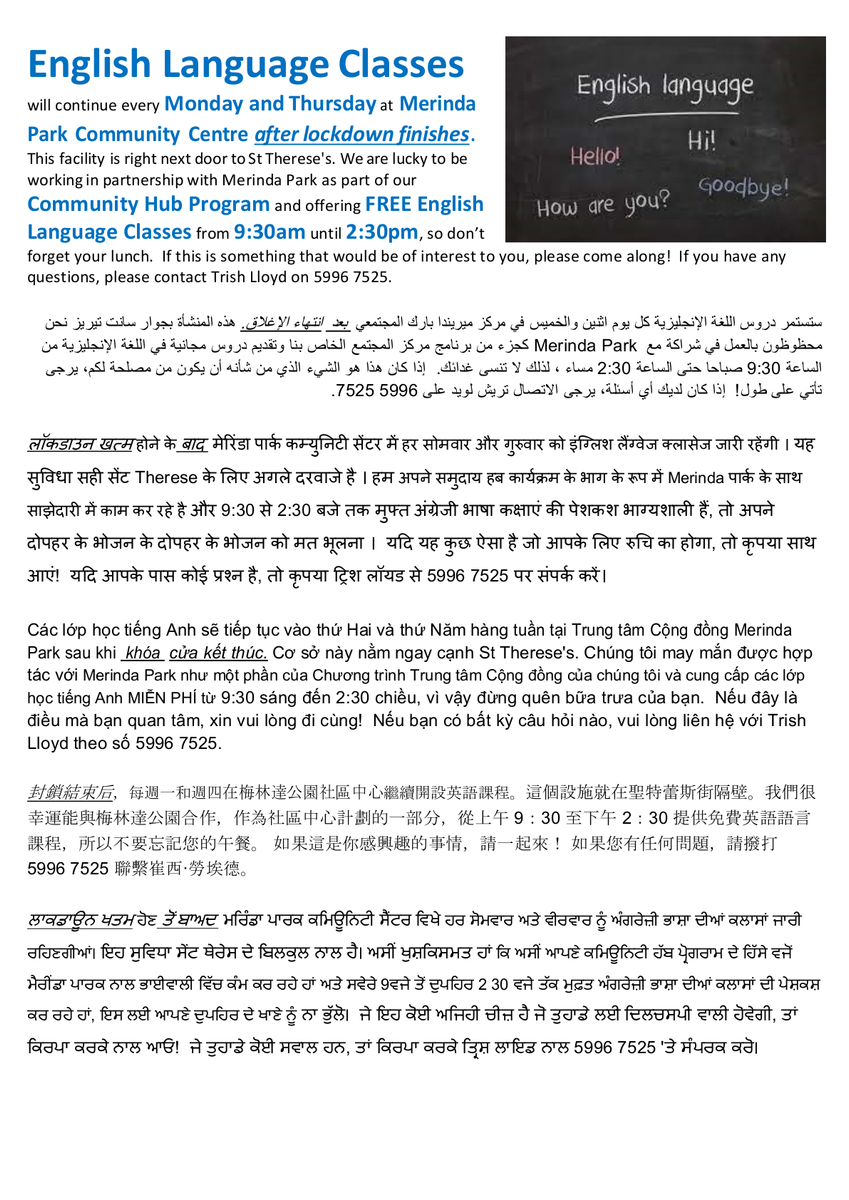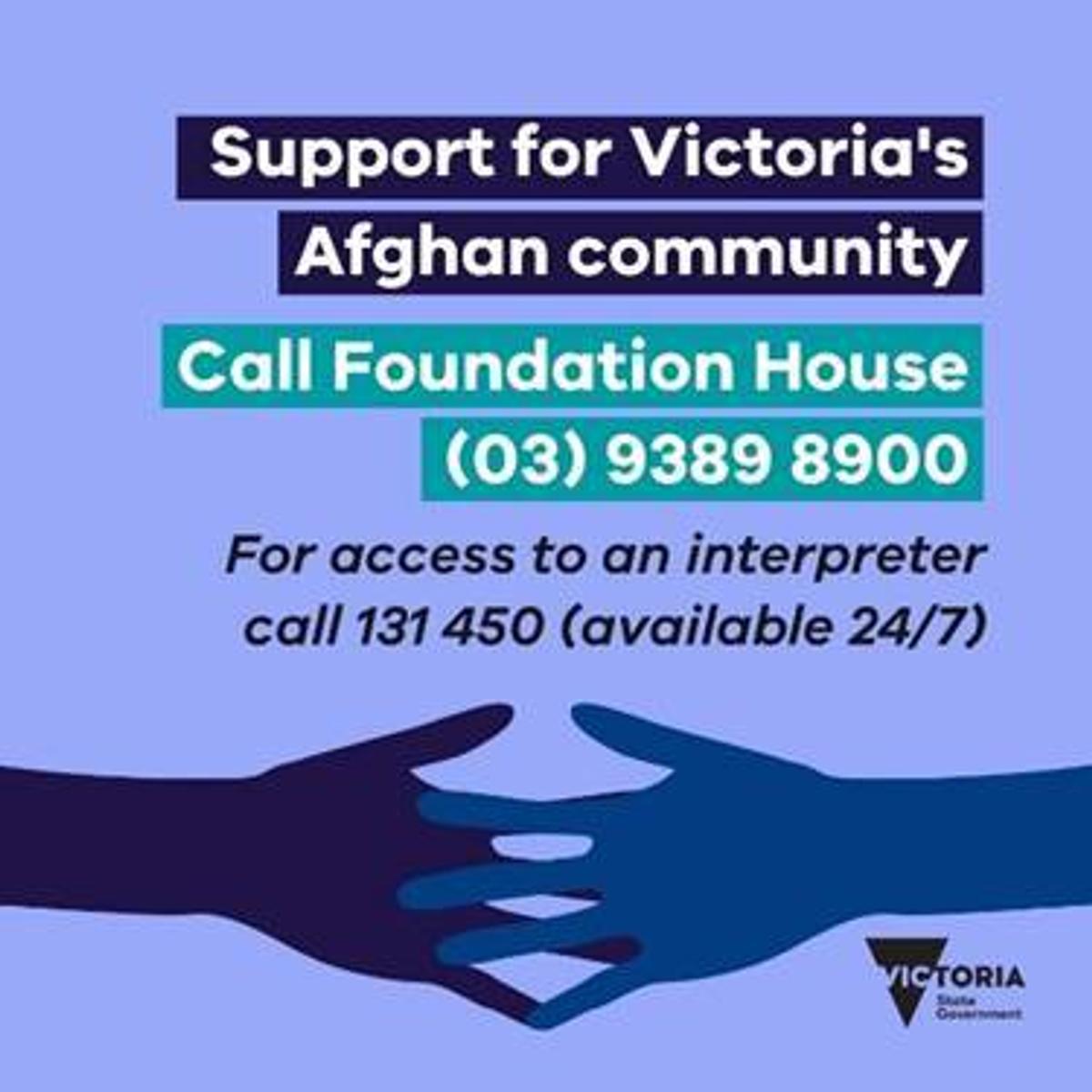Wellbeing
Trish Lloyd

Wellbeing
Trish Lloyd
R U OK DAY TIPS FOR PARENTS
A range of circumstances can lead to a child feeling low, including:
Be aware of certain behaviours and signs that can indicate a child might be struggling. The first thing to look out for is changes in behaviour. When people feel low, they often:
Children cannot be expected to fix someone’s problems, nor know the best way to help and support. However, they can be encouraged to listen to what their friend is saying, let them know they care and tell a teacher, school counsellor or trusted adult if they are worried about their friend. By promoting an environment of positive peer support and accessing support channels via an adult, children can learn that asking, ‘Are you OK?’ is a key life skill.
R U OK? has 4 Conversation Steps to help navigate a conversation when someone says, “No, I’m not OK”. These steps are:
Useful contacts when a child is not OK:
Lockdown 6.0 isn't easy!
But there are ways to stay positive.
Think of lockdown as an opportunity to grow as a learner and develop resilience.
If you use our tips and tricks, you might find that lockdown is just that little bit easier.
1. Taking breaks is super important! Being in lockdown for the sixth time means more screen time and your brain and body suffer from sitting down for a long period of time. You could:
· Go outside and play
· read a book, play a game or go for a walk
· Spend time with family: play a board game together or have a chat
· Dance, sing or listen to or play some music
· Play dress-ups
· Ride your bike
· Do some cooking with a family member and try new foods
· Practise gymnastics
· Talk with your family
· Do some arts and crafts
2. Always try your best with everything that you do. If you need some help or aren't sure about something you could:
· Check your work before you press submit
· Ask for help if you aren’t sure what to do
· Don't spend the whole day alone, speak to your teachers, parents, siblings and friends, communicate!
All of these people are there to help you! If you’ve got a problem with anything just ask the people in your house or your teacher.
3. Having a routine in lockdown is a really helpful way to set goals in remote learning. Some ideas could be:
· Attend all your Google meets
· Make a checklist: make a list and cross off each task after you finish it.
· Setting timers to finish tasks can help you do your work on time.
· Stick to the timetable, use your breaks for stretching and moving
4. Looking after your mental health is extremely important because being inlockdown isn't easy for many reasons. Try and think of this time as a chance to grow as a person and learner. Some ways to keep being happy and to keep enjoying school are:
· Ask for help
· Find a place that is quiet where you feel like you can calm down and take some time to de-stress.
· At the end of the day you should take some time to think about what you've done well
· Breathe
· Exercise
· Be proud of yourself
· Have something to look forward to each day
· Listen to music
· Keep in contact with your friends
· Do things that you love!
· Scream and shout and let it all out!
· Dance like nobody's watching!




Please find below details of organisations that can provide trauma and mental health support from Afghan-background counsellors in English, Dari, Pashto and Hazaragi.